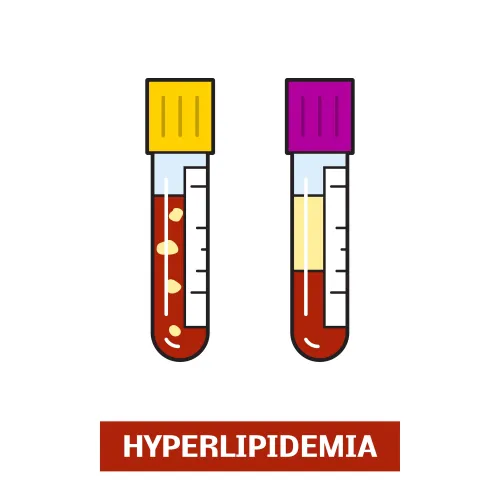Ob-Gyn Coding Alert
Reader Questions:
Get a Grip on Medicare’s G Modifiers
Published on Fri Oct 08, 2021

You’ve reached your limit of free articles. Already a subscriber? Log in.
Not a subscriber? Subscribe today to continue reading this article. Plus, you’ll get:
- Simple explanations of current healthcare regulations and payer programs
- Real-world reporting scenarios solved by our expert coders
- Industry news, such as MAC and RAC activities, the OIG Work Plan, and CERT reports
- Instant access to every article ever published in Revenue Cycle Insider
- 6 annual AAPC-approved CEUs
- The latest updates for CPT®, ICD-10-CM, HCPCS Level II, NCCI edits, modifiers, compliance, technology, practice management, and more
Related Articles
Other Articles in this issue of
Ob-Gyn Coding Alert
- Gynecology:
Capturing Additional Procedures is Key for Determining Correct Colposcopy Codes
Pull out key phrases to ensure you’re selecting the most accurate choice. Your colposcopy coding [...] - Coding Quiz:
Are You a Consult Coding Whiz? Find Out.
Find out when to apply modifier AI. You know Medicare won’t reimburse consultation codes, but [...] - ICD-10-CM:
Bust 4 Myths to Distinguish Aftercare from Follow-Up Encounters
You may face a denial if you try to report aftercare with a monitoring code. [...] - Coding Quiz Answers:
Check Your Consult, E/M Coding Skills With These Quiz Answers
Hint: Only look to unlisted E/M codes when your MAC specifically tells you to. How [...] - You Be the Coder:
Repeat C-Section With Pelvic Adhesions
Question: How would I code for a repeat global c-section, T incision on uterus? I [...] - Reader Questions:
Question Whether Ob-Gyn Excised Ovarian Tissue
Question: I am hoping to get some advice coding this surgery. The ob-gyn performed laparotomy, [...] - Reader Questions:
Back Off Billing for Telephone Triage
Question: We have been getting calls from patients who have tested positive for COVID-19 and [...] - Reader Questions:
Get a Grip on Medicare’s G Modifiers
Question: Can you explain the difference between the four G modifiers required for use when [...]
View All




